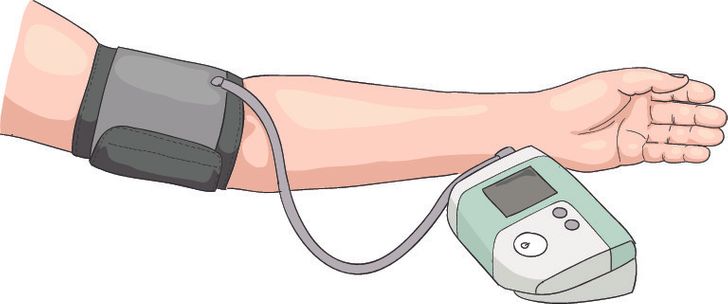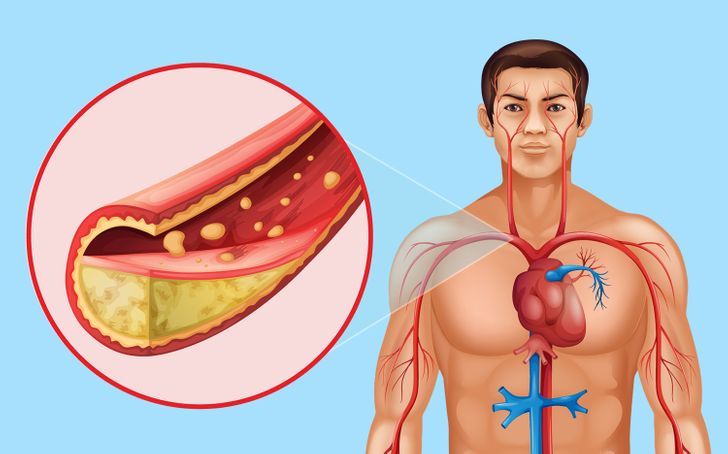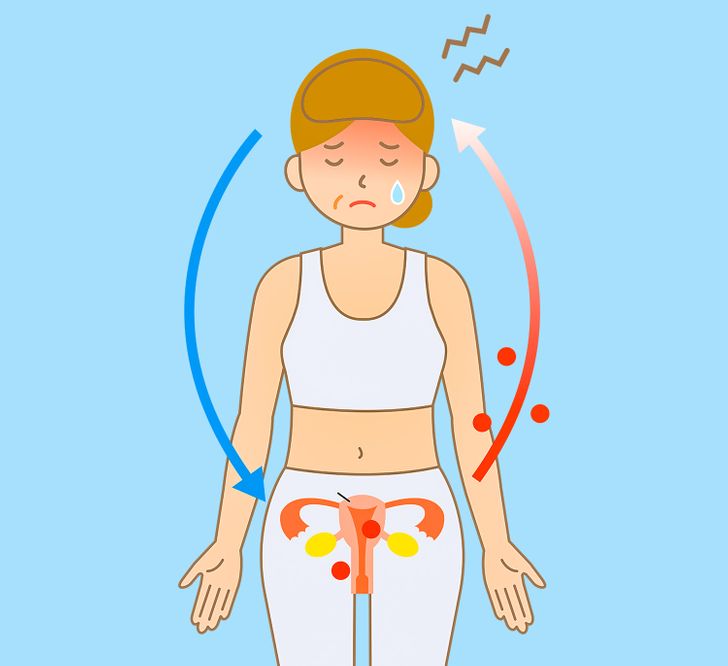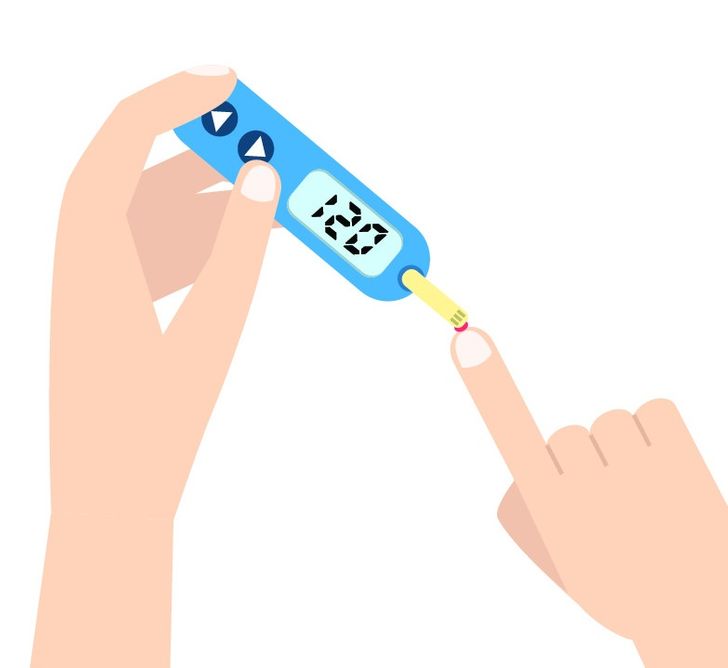Flax is known to humans before the times of the ancient Egyptian civilization, where the temple walls had Flax paintings with flowers. The Holy Roman Emperor Charlemagne was so convinced of its health benefits that he made laws to publicize it.
After new research that supported Charlemagne’s conviction, public interest in it has seen a drastic revival.
We reviewed various scholarly articles to find out what health benefits flaxseed has and if it really is the wonderful food it is thought to be.
Health Benefits Of Eating Flaxseed
7. Reduces The Risk Of Cancer
Recent studies suggest that flaxseed may provide protection against breast and colon cancer. According to a Canadian study involving more than 6,000 women, those who regularly ate flaxseed were found to be significantly less likely to develop breast cancer.
Flaxseed is a rich source of lignans, containing more than 800 times more lignans than most other plants. These have antioxidant and estrogenic properties that are effective in reducing the risk of cancer.
In addition, the omega-3 fatty acid found in flaxseed called alpha-linolenic acid (ALA) is believed to inhibit tumor incidence and growth.
6. Lowers blood pressure

Flaxseed is known to lower blood pressure. A Canadian study found that people who consumed 30 g of flaxseed every day for 6 months had lowered their blood pressure.
It was also found to help those who were already taking some form of blood pressure medication.
A review of 11 studies concluded that daily consumption of flaxseed for more than 3 months can reduce blood pressure by 2 mmHg.
This may seem insignificant, but even this can reduce the risk of dying from a stroke by 10% and heart disease by 7%.
5. Reduces The Risk Of A Heart Attack

Numerous studies have concluded that flaxseed consumption is directly related to a lower risk of having a stroke. A study at the Harvard School of Public Health with 3,638 Costa Ricans found that people who consumed more ALA had a lower risk of having a heart attack than those who consumed less alpha-linolenic acid (ALA).
Additionally, a detailed analysis of 27 studies involving more than 250,000 people found that ALA intake reduces the risk of heart disease by approximately 14%.
ALA, which is contained in flaxseed, is an essential fatty acid that must be obtained through the diet since it is not produced by the body. It fights cardiovascular diseases, preventing the deposit of cholesterol in the blood vessels.
READ RELATED: Dexamethasone Boosts COVID-19 Survival Chance: Know About The Drug, Its Uses & Side Effects
4. It Promotes Regular Bowel Movements And Improves Digestive Health
One tablespoon of flaxseed contains approximately 3 grams of fiber, which is 8 to 12% of the prescribed daily intake and is made up of the soluble and insoluble types.
Soluble fiber slows down digestion and therefore helps regulate blood sugar and cholesterol, while insoluble fiber allows more water to bind to stool, increasing its volume and resulting in softer stools.
3. It Helps Control Cholesterol Levels

A study of 28 people published between 1990 and 2008 showed that consuming flaxseed lowered blood cholesterol, with greater benefits in women and people with high cholesterol.
Subsequent research has found that consuming 3 tablespoons of flaxseed powder daily for 3 months can reduce “bad” LDL cholesterol by 20% and total cholesterol by almost 17%.
According to scientists, this is due to a large amount of fiber present in flaxseed. The fiber binds to bile salts which then gets excreted by the body.
This, in turn, results in the removal of cholesterol from the blood to the liver, to replenish these bile salts, thereby reducing cholesterol levels in the blood.
2. It Reduces Hot Flashes

In a small study conducted at the Mayo Clinic in Rochester, MN, 29 women were studied with 14 hot flashes per week for at least a month. These women were asked to add 2 tablespoons of flaxseed to cereals, juice, yogurt, or fruit twice daily for 6 weeks.
At the end of the study, the researchers found that women cut their number of daily hot flashes in half and the intensity of the hot flashes had also dropped by 57%.
1. Keeps Blood Sugar Levels Under Control

Type 2 diabetes affects more than 6% of the world population, and women are a high-risk group. To understand the effects of flaxseed on combat, a one-month study was conducted.
Approximately 20 grams of flaxseed powder was added to the patients’ daily meals. After a month, patients saw an 8-20% drop in blood sugar levels.
According to various research, this property of flaxseed is due to the insoluble fibers present in it, which delay the release of blood sugar and reduce blood sugar.
Do you think flaxseed is wonderful food? If you do, share this article with as many people as possible so that they too can reap the benefits it offers.
Source: crfatsides










